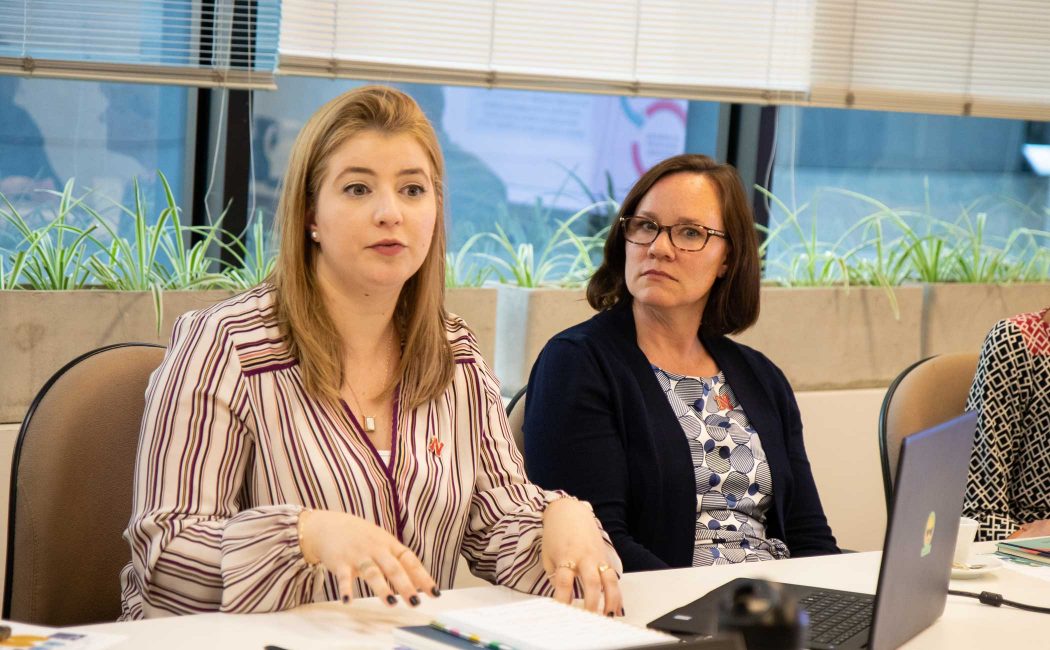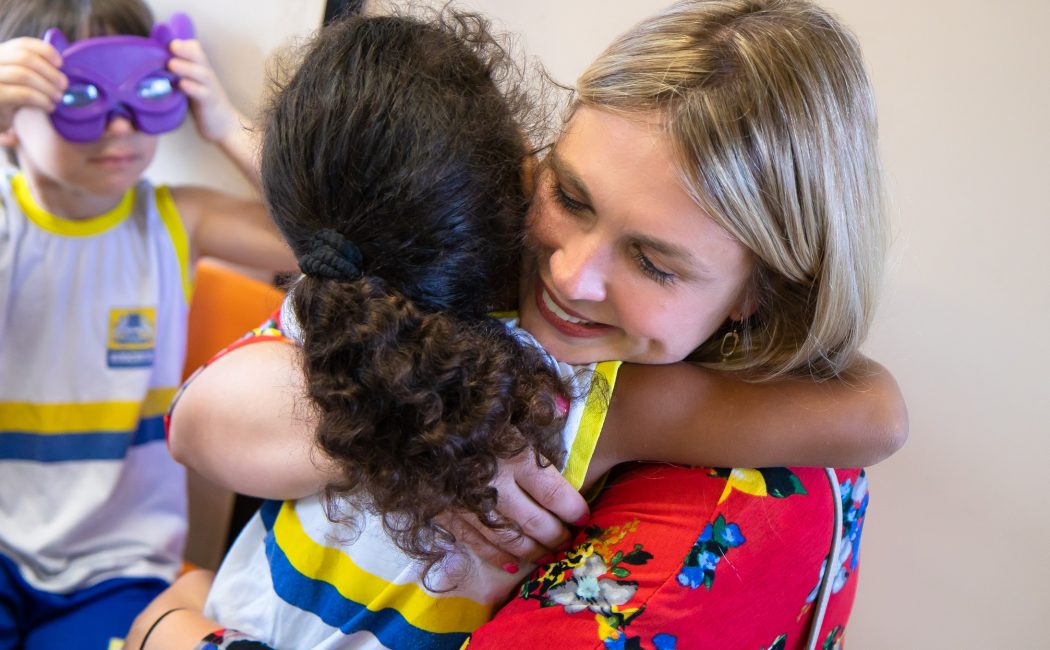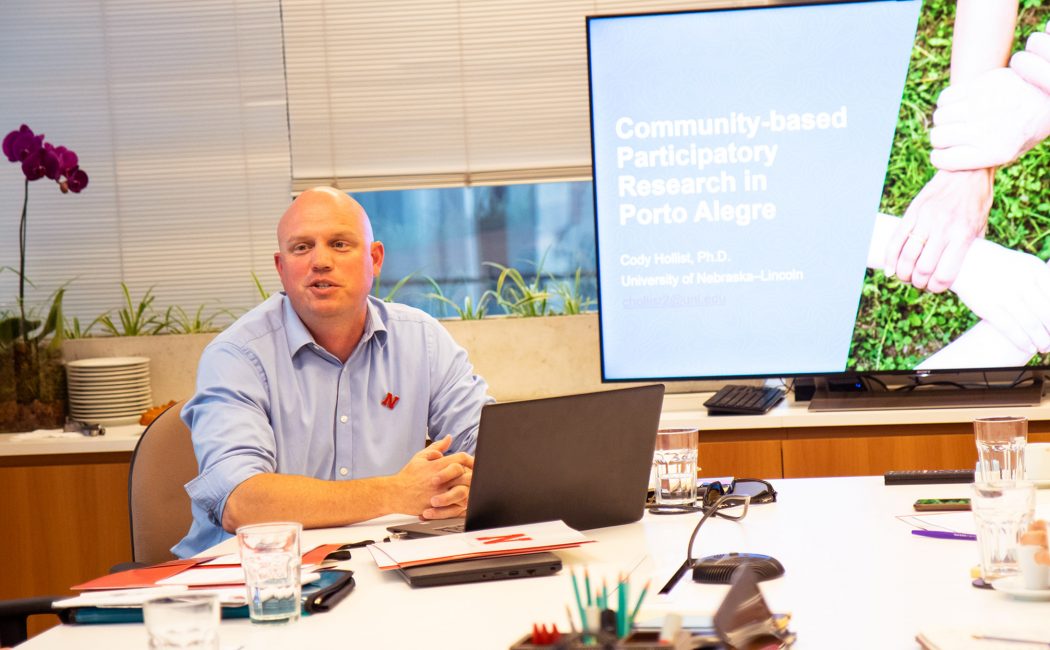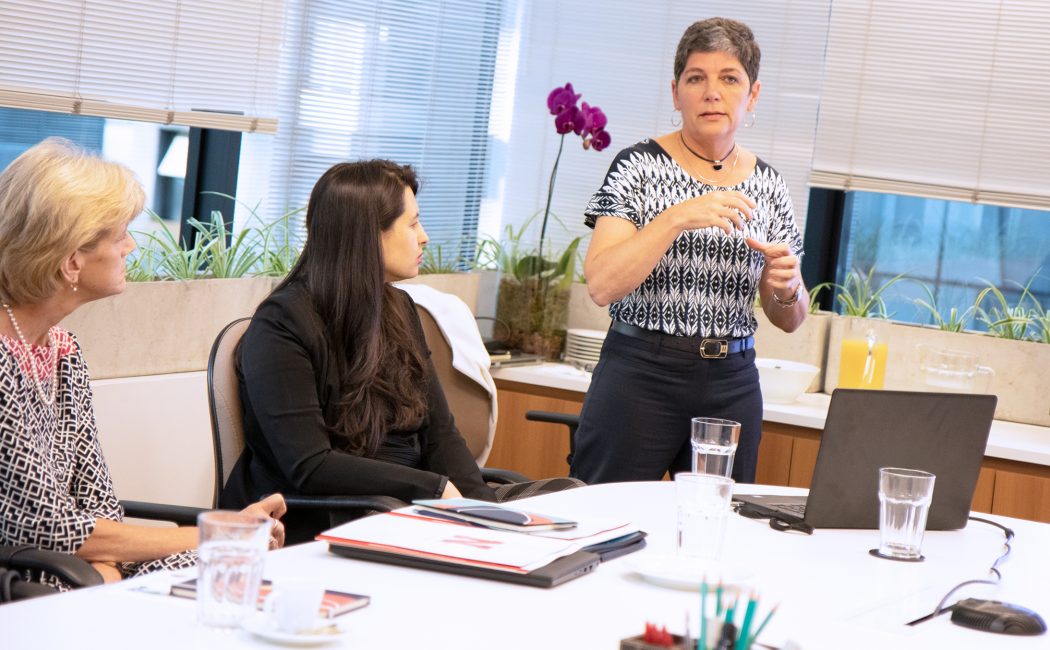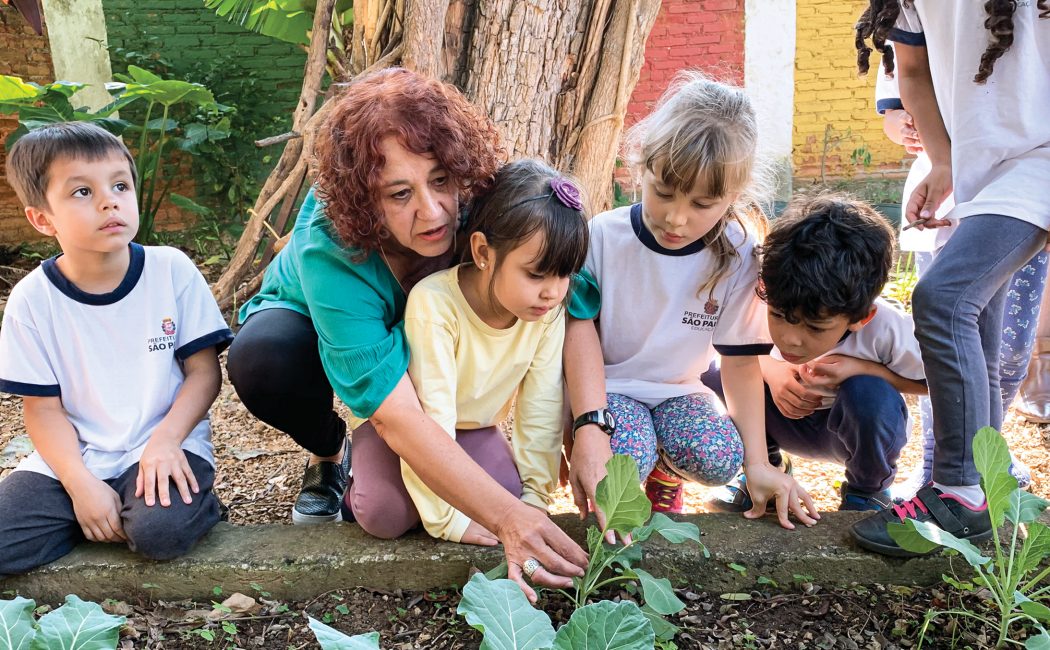TAPP brings new tool to students, parents and teachers in Brazil
As students in Brazil slowly return to in-person learning following the COVID-19 pandemic, some are being introduced to a program designed to foster parent-teacher partnerships to help boost children’s academic and social and emotional success. Renata T.M. Gomes, CYFS graduate research assistant and doctoral candidate, is leading the effort to bring Teachers and Parents as … Continue reading TAPP brings new tool to students, parents and teachers in Brazil
